Starch CMS
Starch is used in oil well drilling as a “Fluid Loss Control Agent” to control the loss of water. It is a complex carbohydrate polymer derived from various plant sources such as corn, potatoes, and wheat. In drilling operations, starch helps control the loss of water to geological formations by creating a thin, impermeable filter layer on the well wall, which is essential for maintaining borehole stability and optimal drilling operations.
Modified starches, designed to resist extreme conditions like high temperatures and salinity, are often preferred in drilling mud formulations. These modifications can make starch more effective in a variety of drilling environments.
Furthermore, starches are generally considered environmentally friendly due to their biodegradability, thereby reducing the environmental impact of drilling operations. However, it’s important to note that the specific type and amount of starch can vary depending on the drilling conditions and the type of drilling mud system used.
Starches also contribute to the rheological properties of drilling muds, affecting parameters such as viscosity and gel strength. Proper rheological control is vital for the effective removal of drilling chips from the hole and other functions.
Due to these multifaceted benefits, starch remains a fundamental component in drilling mud formulations in the oil and gas industry. This substance meets NISOC and API standards. Potato Starch is typically used in heavy muds and is effective up to temperatures of 180 to 200 degrees Fahrenheit, but degrades at higher temperatures. Wheat and Corn Starch are usually used in semi-heavy muds with a maximum weight of 130PCF and are effective up to temperatures of 180 to 200 degrees Fahrenheit, degrading at higher temperatures.

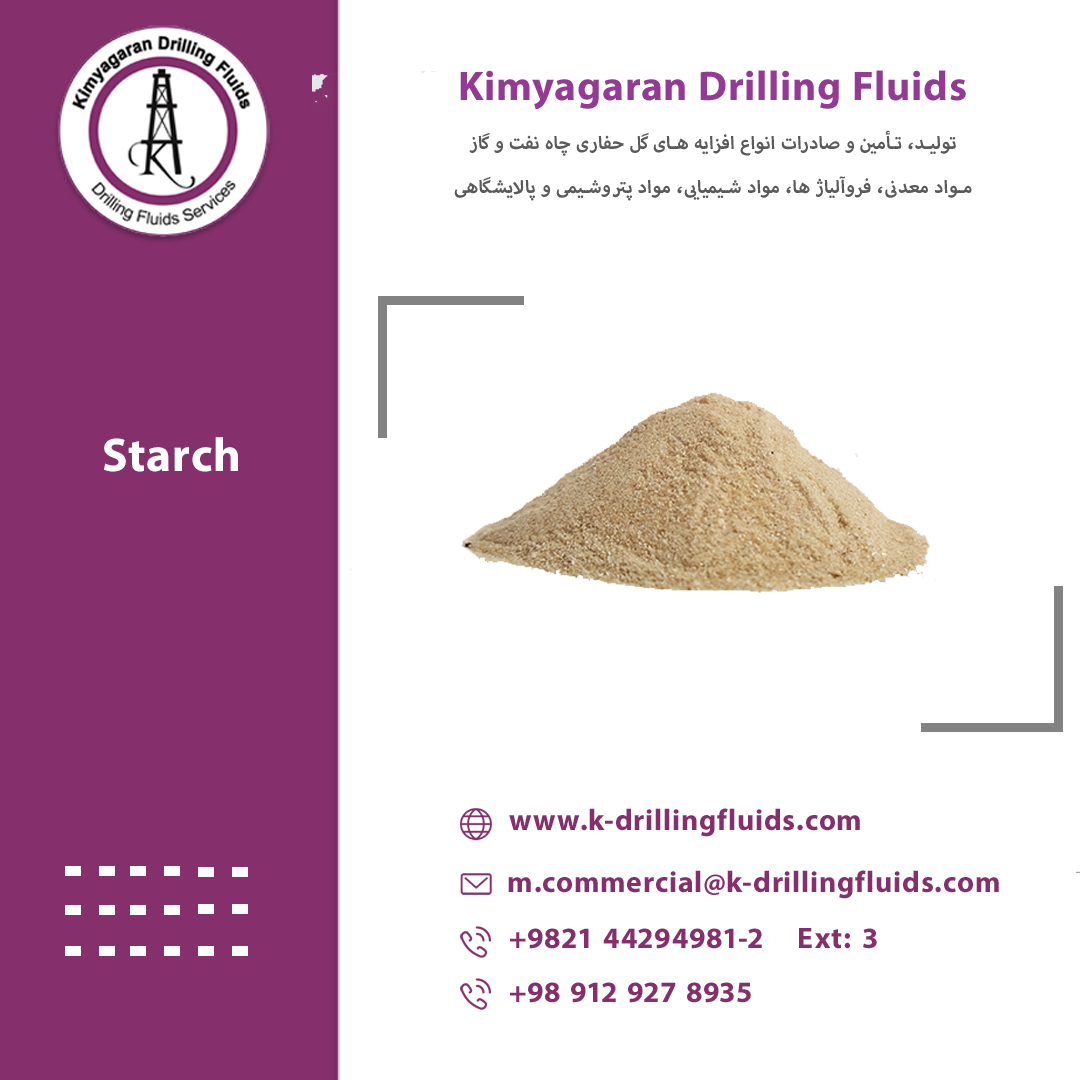
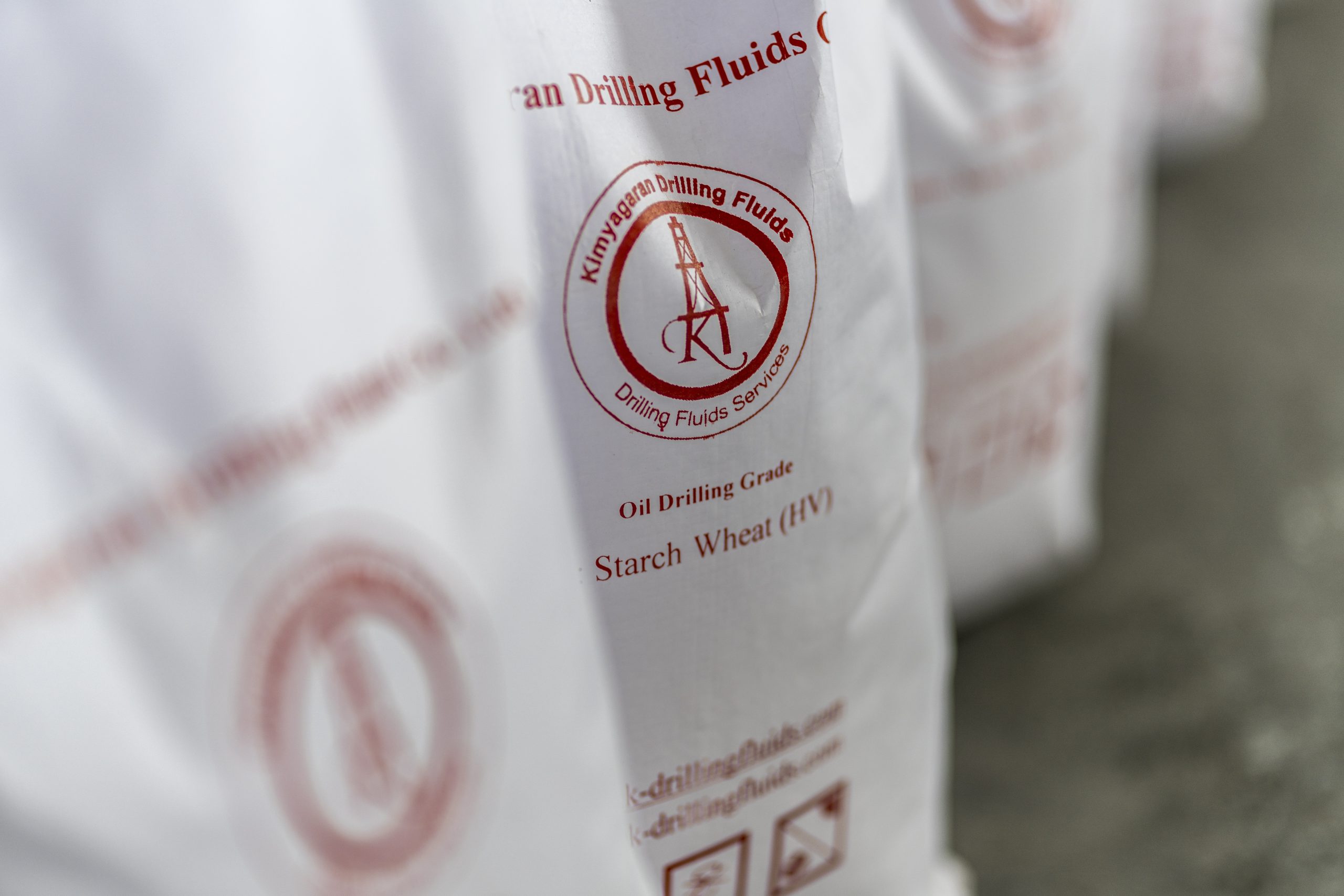
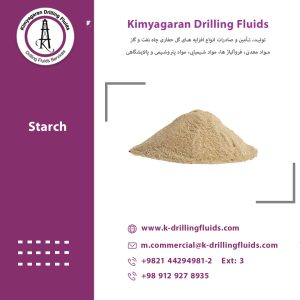

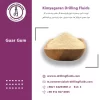

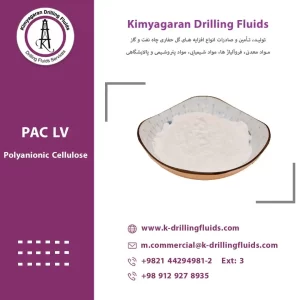

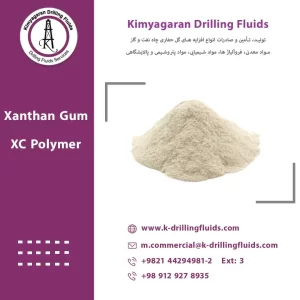
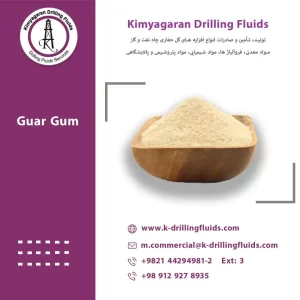
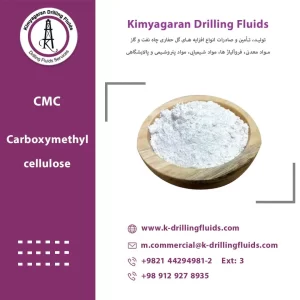
Reviews
There are no reviews yet.